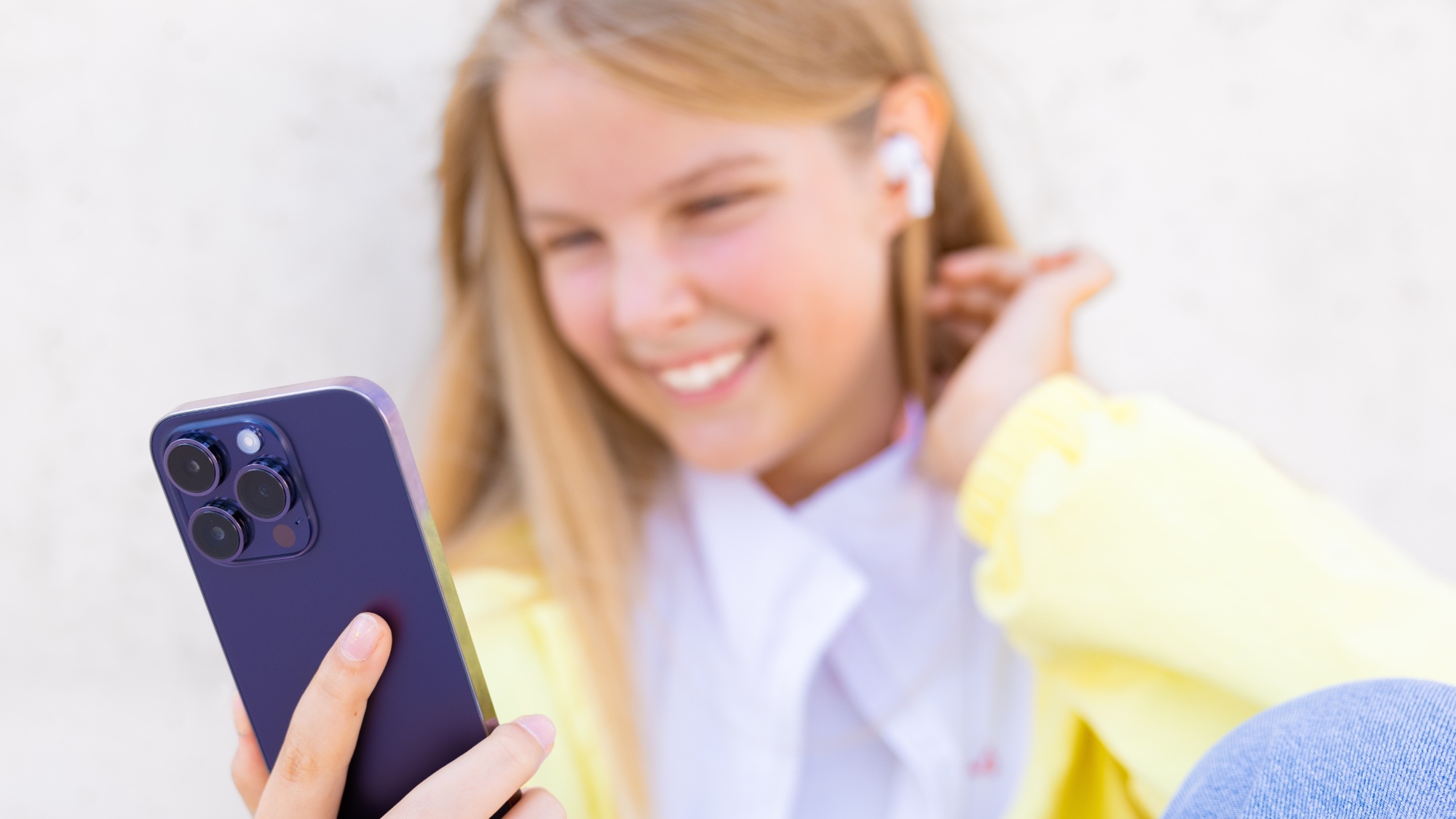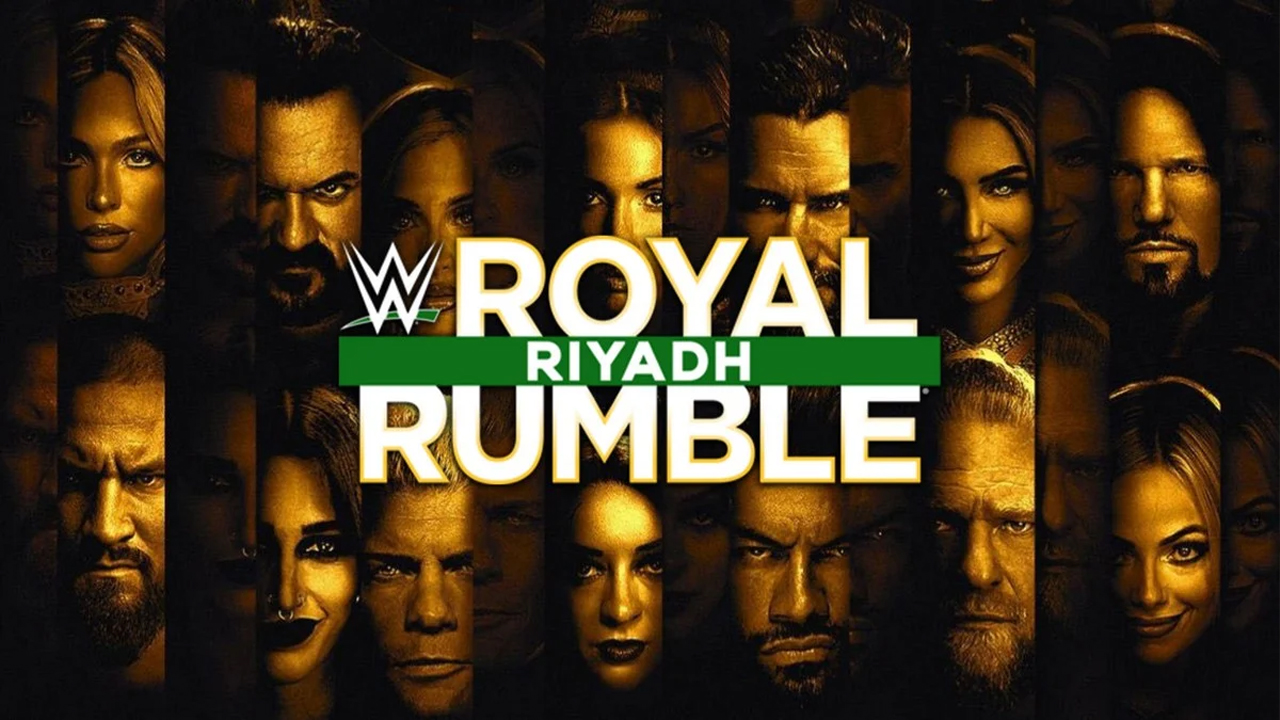The iPhone blows away Android for Gen Z and social pressure is a huge factor
Young phone users are afraid of being left out of Apple's messaging ecosystem

Gen Z is far more likely to choose an iPhone over an Android device, with social pressure cited as a driving factor.
That's according to a report from the Financial Times, using data from ad tech company Attain, that notes 34% of America’s iPhone owners were born after 1996. Such a group of people is collectively referred to as Gen Z. By contrast, just 10% of Gen Z owns a Samsung phone.
The data outlines the stark disparity between generations: for older Americans, phone usage between Android and iOS was split far more evenly, but Gen Z is very much focused on Apple's phones.
And that's not because iPhones regularly top our best phones list, rather it's driven by a fear of being socially ostracized for using an Android phone. Cupertino’s refusal to add iMessage support to Android has been a significant factor in this. Young people interviewed in the report cited a fear of "turning the chat green" with messages sent from an Android device and transferring a blue iMessage chat into a green SMS one.
The lack of solid interoperability between Android and iOS, when it comes to messaging, means U.S. users encounter disparity when using things like emojis in cross-platform chats.
Google accused Apple of making integration between the two messaging systems as deliberately awkward and buggy as possible in a marketing campaign last year that proposed a move to RCS (Rich communication services) for both operating systems.
Hopefully, the popularity of Whatsapp and Twitter’s recent removal of the “Twitter for iPhone” and “Twitter for Android” descriptors may help address this fear of being ‘othered’ for owning a different (and likely less expensive) phone.
Get instant access to breaking news, the hottest reviews, great deals and helpful tips.
That being said, Gen Z's affection for Apple devices extends beyond the iPhone. The FT reported that for every 100 iPhones sold, Apple sells 35 pairs of Airpods, 26 iPads, and 17 Apple Watches. This dwarfs the most popular Android provider, Samsung, who for every 100 of its phones sells 6 wireless earbuds, 11 tablets, and 6 smartwatches. As such, Gen Z could be fairly locked into the Apple ecosystem, regardless of the blue vs green message issue.
Analysis: Android’s image problem
I was born in 1995 — on the fringes of both Gen Z and the millennial generation — so I like to think I have a useful perspective on this situation.
Of course, Apple is the master of image and creating a desirable product, but the best Android phones like the Samsung Galaxy S23 are viable rivals to any iPhone. Perhaps the fact that Android is spread across so many devices of variable repute and quality makes it seem less focused than iOS.
If Google had launched Android with its own hardware rather than waiting until 2016 to release the first Google Pixel, perhaps it would have been able to enjoy a larger market share. By relying on third parties to use Android in its phones, specific Android devices, arguably, rarely ever achieve the recognition and hype levels an iPhone can generate with Apple throwing its whole marketing weight behind it. Expect to see this with the iPhone 15.
The walled garden of Apple’s App Store with recognized Apps like Safari, and the quality of products such as the Apple Air Pods — which have become almost the symbol of the Gen Z generation — make it hard for rival Android-based brands to attract iOS users.
Having said that, the likes of Samsung with its Galaxy S23 Ultra, offer compelling iPhone rivals. And Google itself is no slouch when it comes to making impressive phones like the Pixel 7 Pro, and building out an ecosystem as seen with the Pixel Watch. Neither Samsung nor Google's product ecosystem can quite compete with Apple's yet in terms of overall quality and seamless connectivity, but each year brings improvements. So there's still scope for whatever generation succeeds Gen Z to consider Android phones as equal to iPhones.
Andy is a freelance writer with a passion for streaming and VPNs. Based in the U.K., he originally cut his teeth at Tom's Guide as a Trainee Writer before moving to cover all things tech and streaming at T3. Outside of work, his passions are movies, football (soccer) and Formula 1. He is also something of an amateur screenwriter having studied creative writing at university.
 Club Benefits
Club Benefits





